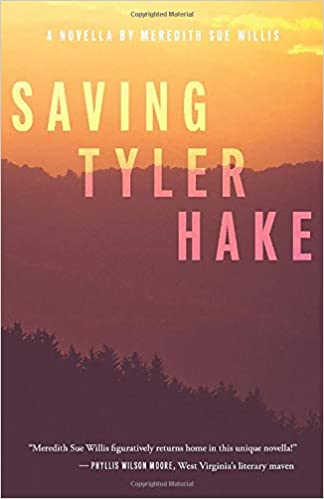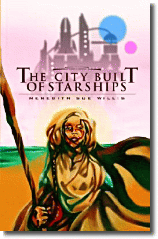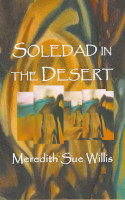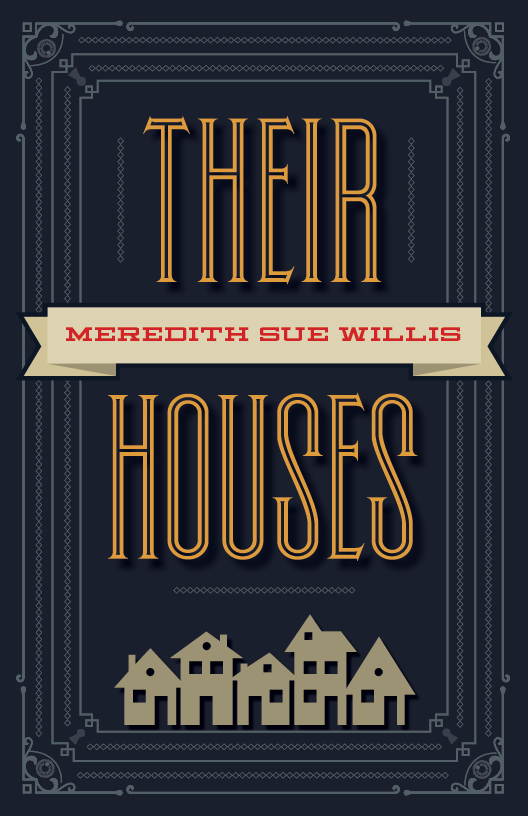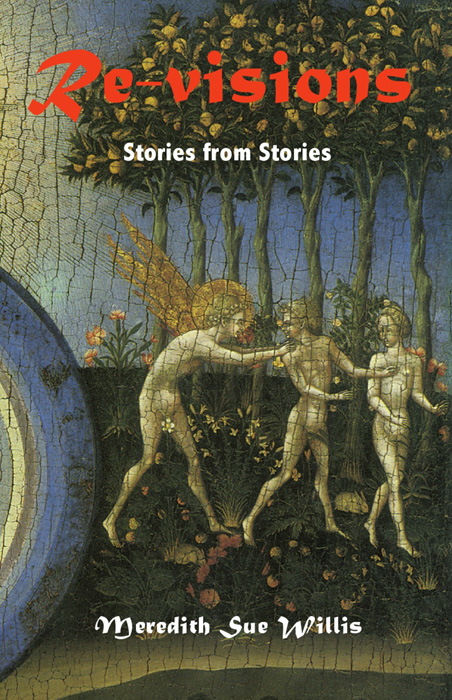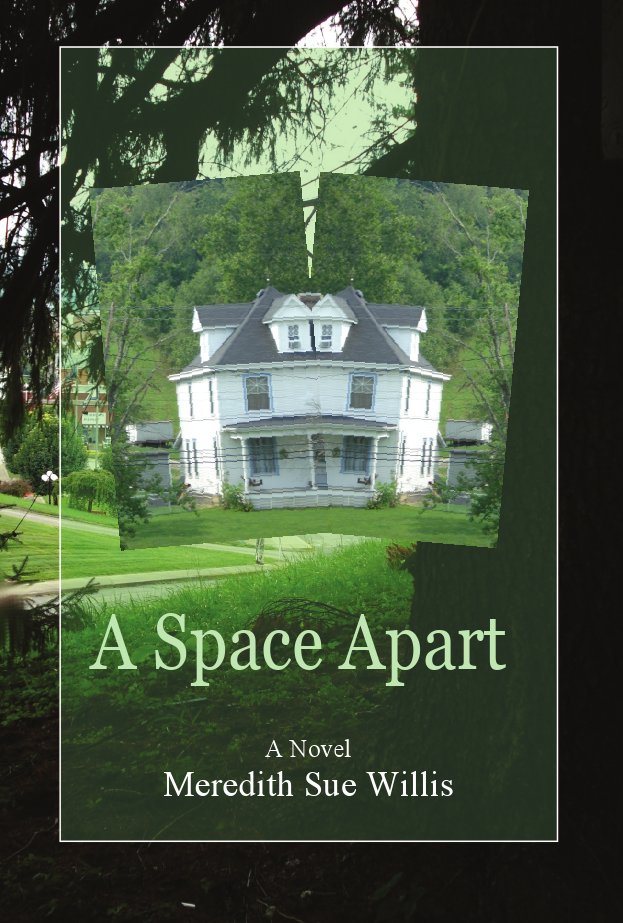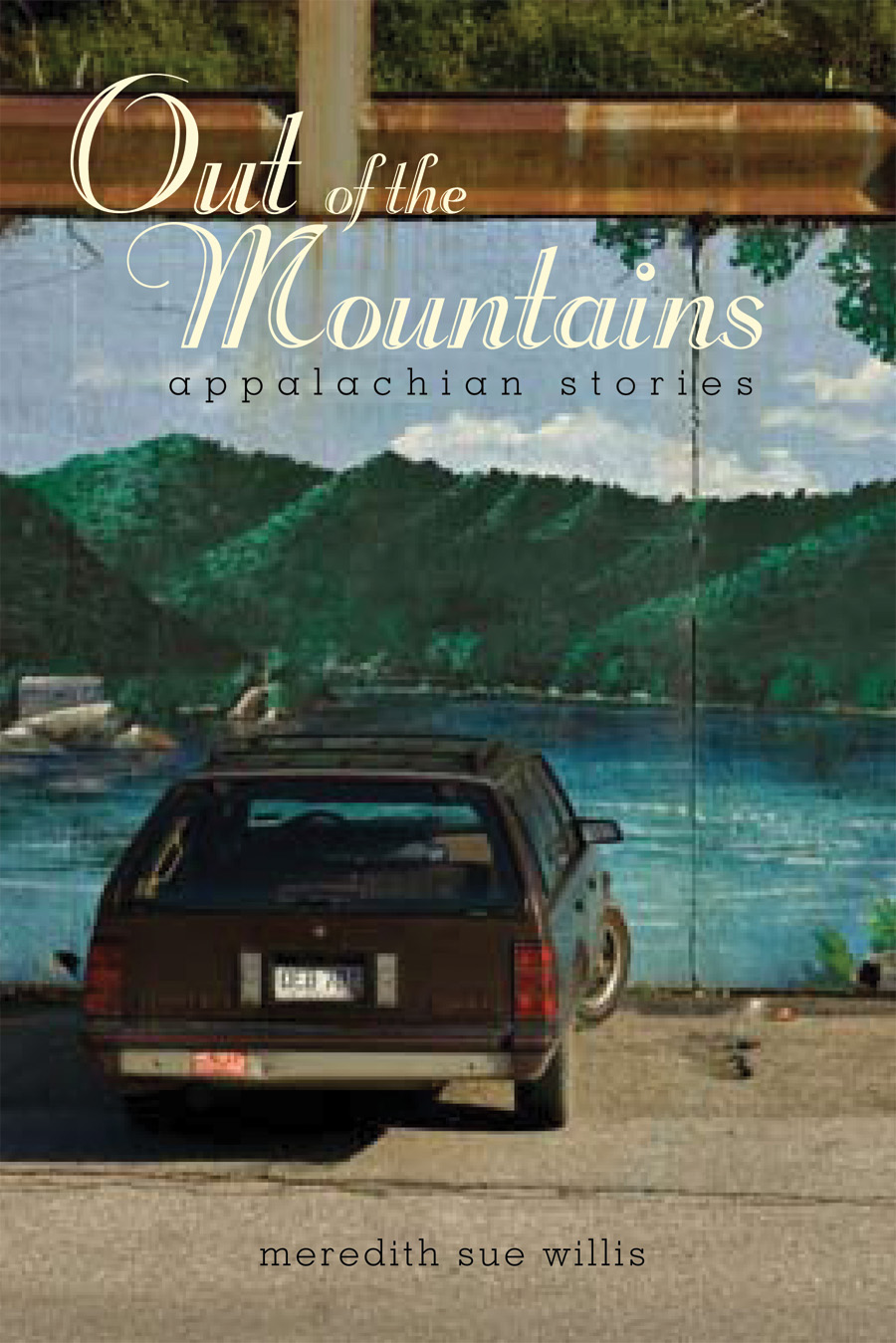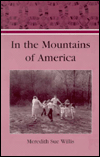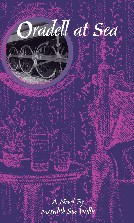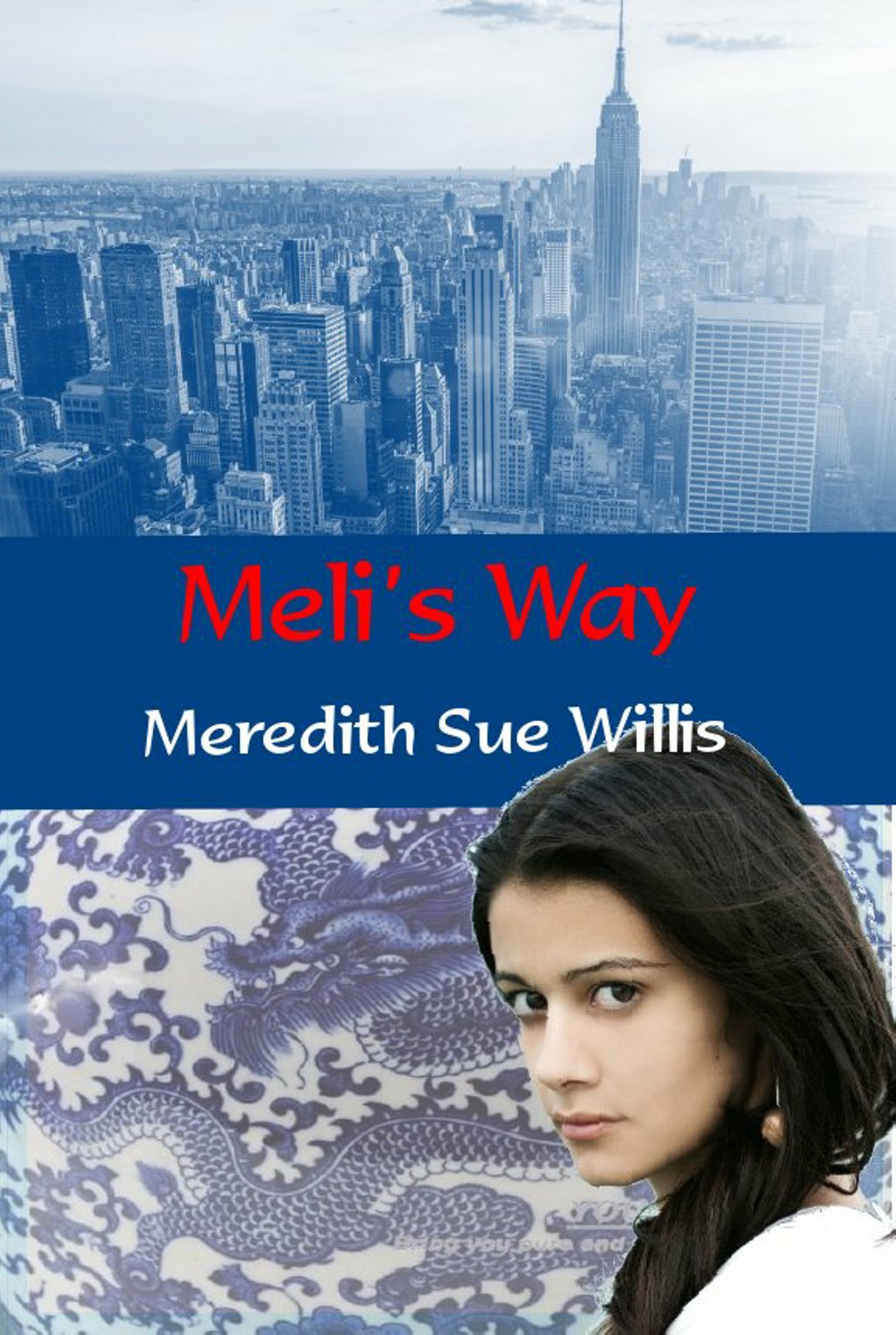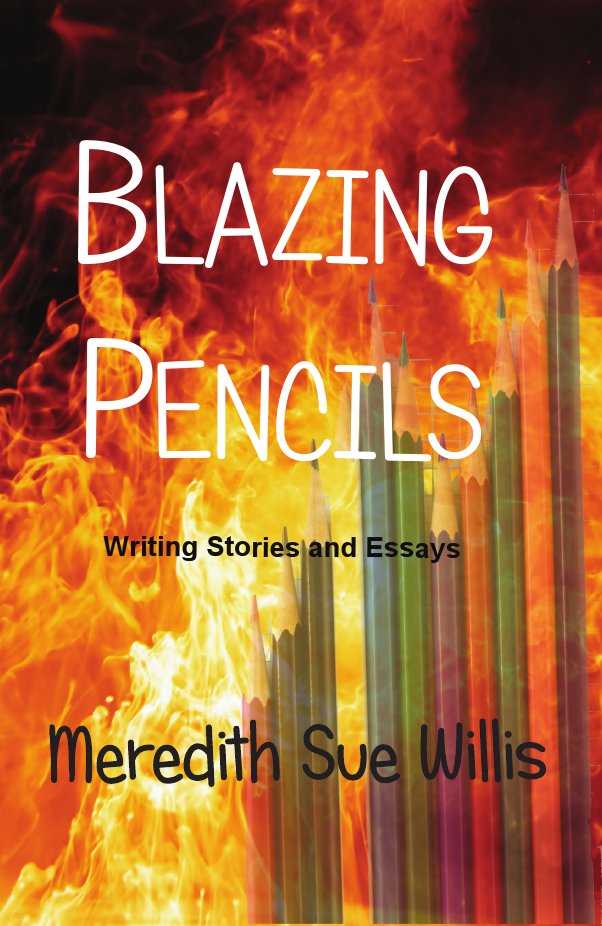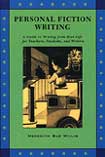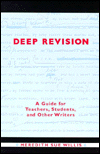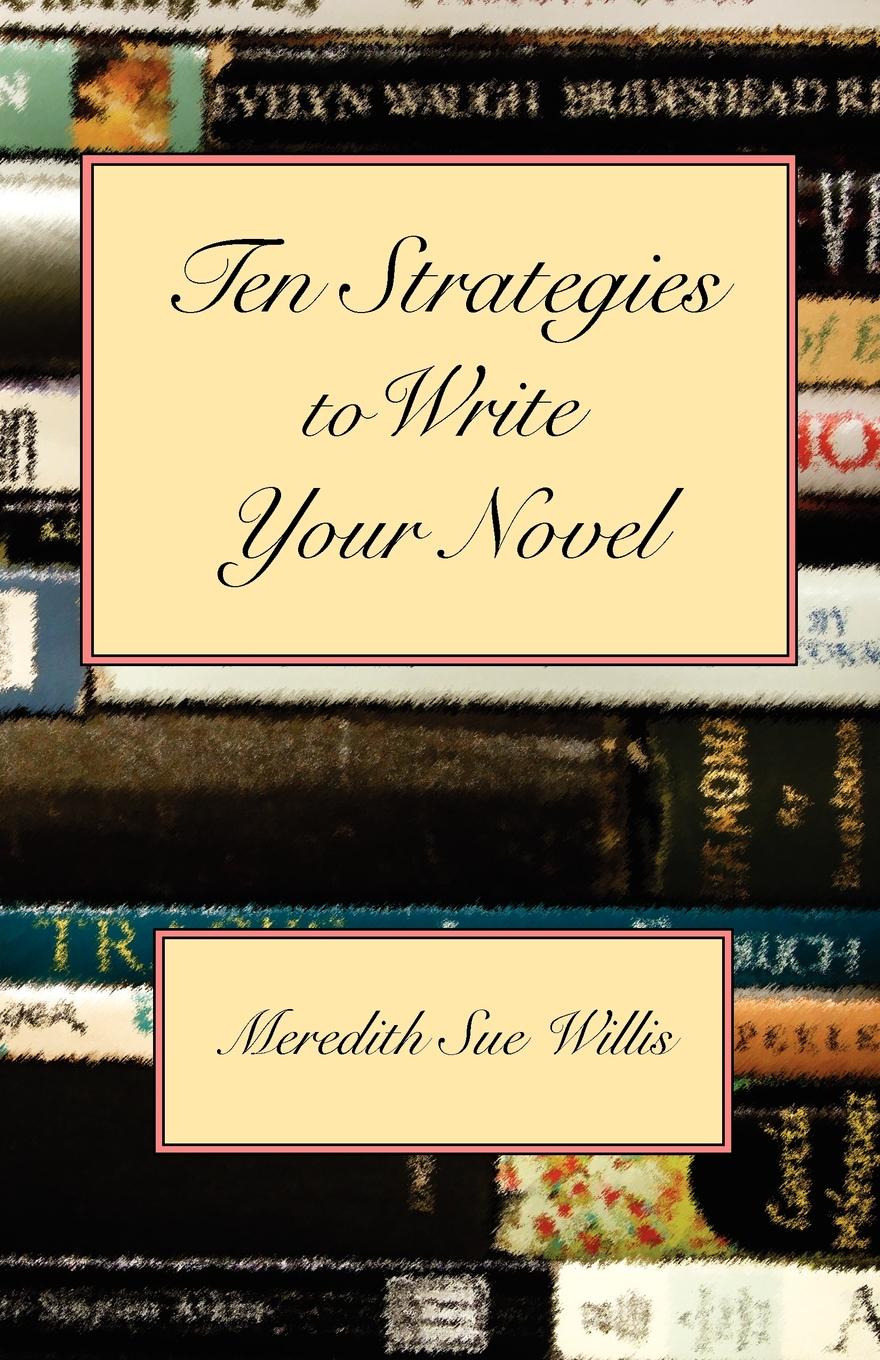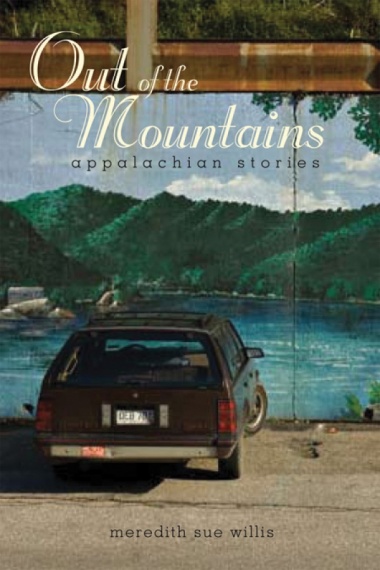Commentary on MSW Books Samples of MSW's Writing Online News about Meredith Sue Willis
Appearances, Publications, and Projects Online Class with MSW Services MSW Provides
Biography of MSW Resources for Writers Writing Exercises Journal of Practical Writing
Links for Writers
Books by Meredith Sue Willis Newsletter for Readers and Writers Contact MSW
Today is Updated 7-28--25
Building Your Book With Scenes
Half Day Workshop with Meredith Sue Willis
Saturday, July 12, 2025
10:00 a.m. - 1:00 p.m.
www.MeredithSueWillis.com(With corrections after the workshop)

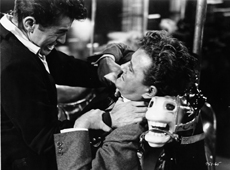
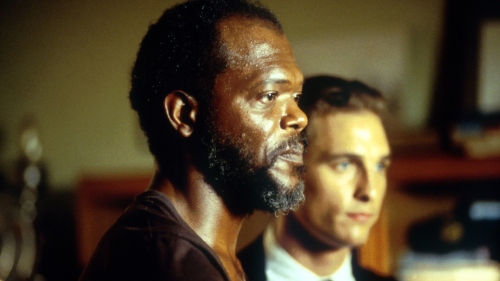
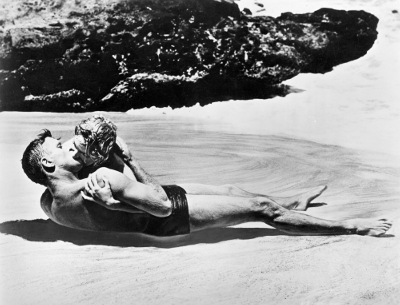
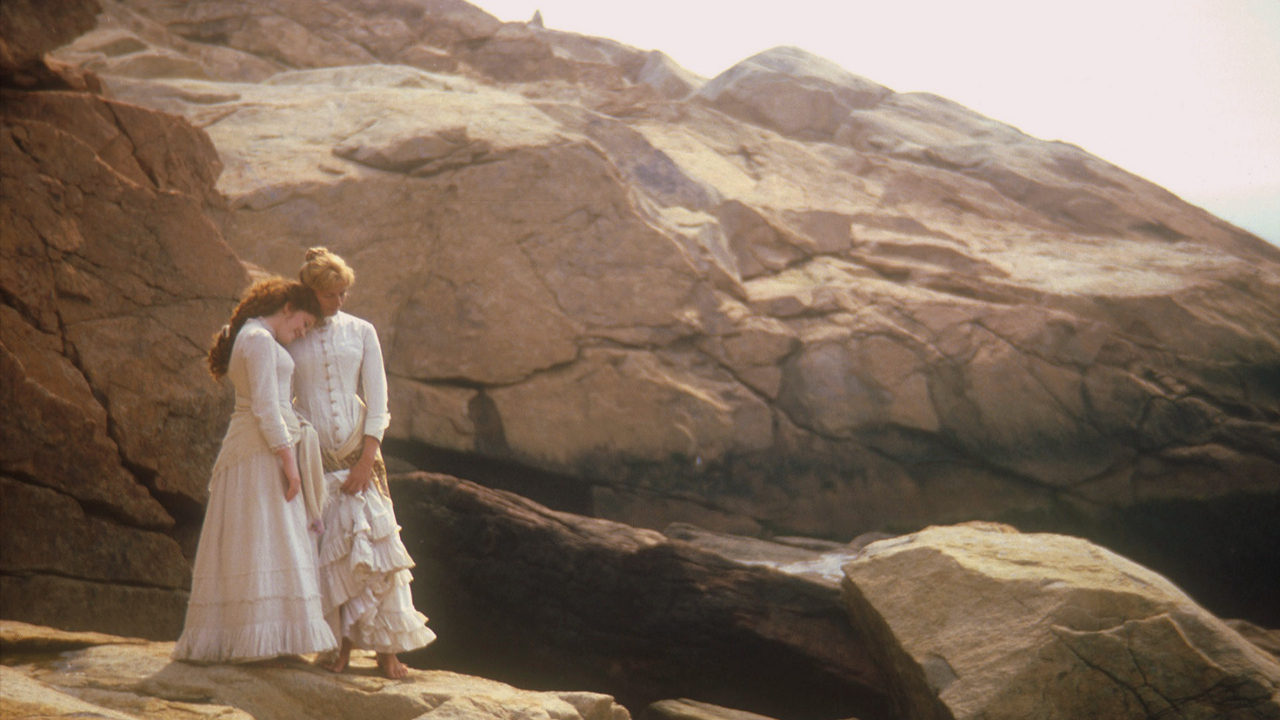
Movie Scenes from novels: Jane Austen's Pride and Prejudice; Patricia Highsmith's Strangers on a Train;
John Grisham's A Time to Kill; James Jones' From Here to Eternity; Henry James's The Bostonians
.
The aim of this workshop is to get you started, restarted, or move you along on a long prose project. The workshop is appropriate for anyone who has begun a novel or memoir or other substantial prose narrative. Those working on shorter pieces are welcome too, but the emphasis will be on shaping and building longer works through strong scenes. Please read this short definition of scene before the workshop, if possible.
Novels and memoirs are usually built of scenes. Scenes can advance your story, organize your book, and also immerse you the writer and your reader with immediacy and momentum in your story, because the scene shows what is happening.
.
We'll discuss scene writing in terms of craft (how do you make the dialogue at the heart of the scene both natural and dramatic?) and structure (outline in scenes to organize your project). There will be a handful of mini-lectures, discussions, in-class writing exercises, some responses to samples of writing by members of the workshop, and more.
Included with the fee for this class is a written response from MSW on up to 1,500 words from the project you're working on.
Things to Read for This Workshop (Optional--it may or may not be mentioned in class. I don't always agree with these, but they usually have something interesting).
By Workshop Member Eddy Pendarvis: "Free Indirect Discouse and Point of View."
Short definition of scene
10 Tips for Strong Scenes (from Masterclass.com
Examples of scenes, summaries, and something in between
Writing Dialogue with a subtext
An old article on writing the "action scene." Still makes a few good points.
Article by MSW from The Writer with ideas for starting your novel: "How to Get a Novel Started.
A piece by Klara Feenstra about the quotidian parts of writing a novel--the parts that aren't escape and inspiration!
"Survivor's Guide to the Long, Slow, Infuriating Process of Revision: Peter Ho Davies Offers Advice for Beginners
Authors Publish's "The Key to a Realistic Writing Plan."
.
I. Welcome, Business, Introductory Remarks
(10:00 a.m.)
A. Business
My notes on your papers will be scanned and retuned via e-mail in the next couple of days
I use this web page as a script and place to read materials, so tell me if you can't see it! It is not "written," that is, it is notes, not polished prose. It is for you to use. Come back, copy things, etc. I'll leave it up till August 1, 2025. Get access from my website, right under my name.Also please explore the website: I have a newsletter about books, a Journal of Practical Writing, a Resources for Writers page, and, of course, a lot about me and my books. Here are my books about writing.
.
B. Rough Outline of what we're doing today
Introductions to ourselves and our projects. This is part of the process of thinking about a large project.
A couple of mini-lectures on scene and dialogue
Writing exercises and Discussions throughout. (I usually prefer "exercise" to "prompt," because I think of these in-class writings as ways to expand and deepen what you are already working on.)
There will be a seven minute break around the middle of the session.
Feel free to send questions or comments by chat or to bring up what's on your mind during discussions.
II. Introducing our projects and our selves.
A. Go-round-- consider this a macro exercise: how do I talk/think about my book as a whole?
Please tell
how much you've written
a few words about the genre of the work
who you imagine reading it and how (audience)
point of view (more on that later)
B. Exemplary book in your opinion--for enjoyment & study, maybe emulation.
.
.
III. Mini-Lecture on Scene
(10:15 to 10:25)
Why Scenes?
Showing and Telling--scene the quintessential showing. Even discursive, describing 18th and 19th c. novels come to a scene: and often interplay between theater and novel scenes.
In common speech, "scene" is the place where an action or event occurs, such as the scene of the crime. It is also commonly used to refer to a public display of passion or temper as in, "She tried not to make a scene." It is also an arena, as when we speak of observing the political scene. In slang, it is a situation or set of circumstances– "a bad scene."
.
Thus, scene is a unit of activity--action.
.
In drama, it is a technical term: there is a new scene when a new character enters. The setting is fixed and the time continuous, usually "real" or natural time
.
In film, a scene is a shot or series of shots each constituting a unit of continuous related action.
.
In the novel, it is often those things, but above all a dramatized moment– shown, not told. It can include dialogue, monologue (thinking) description, action, etc. etc. The dynamics change. People talk and act. Something happens.
.
In fiction, of course (unlike theater and film) everything is not action: there are passages of narration and description and long internal monologues, for example– most writers eventually come to the point where they want to dramatize their story with a scene.
Dialogue or other interaction between two or more characters often marks the heart of a scene.
The scene is the way the story moves to its next level: this is where the other parts of the story come together; or, it may be the beginning of everything, after which the next parts deal with the repercussions of this dramatized part.
A scene is "dramatized," although not necessarily dramatic in the sense of having a lot of shouting or overt action. It generally demonstrates or "shows" rather than tells.
Here's a comparison of a non-scenic narration (sometimes the best way to tell your story) and the same thing dramatized.
1.
He went into the store and bought a paper. The clerk was disturbed by his appearance and manner.
.
2.
He walked into the store. He was as pale as a mushroom raised in darkness. She watched him stand for a long time in front of the newspapers, and finally take one from the pile of dailies.
"How much is it?" he asked, holding it out as if it might be poisoned.
"A dollar and a half," she said.
"Oh." He continued to hold it out with one hand, while he got out a wallet with the other, worked out a dollar, never taking his eyes off her or lowering the paper.
She made his change quickly, and he walked out. "I don't like the looks of that," she said to herself. "That is creepy."
.
Note that in the dramatized version, one decision the writer made was to tell what happened from the clerk's viewpoint. She observes, she makes a judgement in her mind after he leaves.
Note also the simile in the description, how he holds the newspaper, their gestures--how his eye stays on her.
Also note that while this is richer than #1, it is not necessarily the best way to tell the story. Maybe the real center of the story isn't the clerk, but mushroom man.
Things in a scene besides the words said:
Physical action and/or gesture
Dialogue tags ("he asked")
Description
Thoughts
Narration
More?
IV. WRITE I:
Write a scene from your novel for the part you haven't finished yet. (5-7 minutes)
Share Some
V. WRITE 2:
Change point of view of some scene you've already written.
Point of view as a strategy in a scene for learning more:A technique to deepen a scene or reconsider a problem scene--considering point-of-view:
VI. Sample point of view
DREAMA's Piece ( a very intimate third person)
Nothing prepared her for meeting her mother's family.They lived in a place with a strange name, Jane Lew. They were crowded into a house full of beds. This taught her that you never really knew what would happen. But something about seeing her grandmother in a well fitted cotton dress, standing in the parlor forced her to find some hope for her future.
Maybe it was the black leather, or it looked like leather furniture. And, it smelled like the leather of her Daddy's good shoes in the closet back in Oklahoma. Maybe it was the piano. An upright piano with a stool. Immediately, she wanted to twist 'round and round on the stool. She really didn't care about learning to play, but she wondered who did play.
Her mother—where had she been?—came into the parlor, holding her hat in both hands.
VII. Point of view:
Four people in the workshop are doing a close third person--one is doing a first person, but with a focus on another character. I'm experimenting with a book with two close thirds and a first. (Illusion that the first is possibly the teller of the whole novel)
Why is point-of-view considered so important?
At a practical level, it keeps the reader from vertigo--helps us with which details are presented first (the ones the POV character see first--thus it especially helps with action, sensation)
At the same time, it becomes part of the meaning: the world as an omniscient God sees it? What I am seeing right now at this instant? Is it equally about two people in a couple? Does it have an ironic distance as we look at the people as if at ants scurrying about.Examples of such different tones--whole philosophies are engaged here:
https://www.meredithsuewillis.com/materials.html#povsamples
There is a lot of value of keeping it to one tone or character at a time--mostly for depth and vivid feeling. This may only be for a section or a chapter.
VIII. Short break
IX. Dialogue: the Heart of Scene
Adding and subtracting dialogue heart of scene. Make dialogue shorter and tighter than in real life. The objective is not naturalism but the illusion of reality.
Cleaning up your dialogue.
Have you been too creative with tags ("she asserted;" "she asseverated;" "she exclaimed;" "she declared;" "she insisted"--usually better just to stick to "said" as much as possible. It sort of disappears, moves us toward transparency).
Often, you can get rid of the "tag" altogether and use a verb that gives action: "Oh really!" She waved her umbrella at him.
Make the dialogue match the character: if a twenty-something, use more informal grammar--contractions! Be as formal as you want in your narrative, but try to make the people sound like people talk.
For many of us writing fiction or memoir, the problem is that our training leads us to make dialogue too formal ("with whom?") instead of the way people talk ("who with?") Similarly, within quotation marks, generally use contractions--it's how we speak! So within quotation marks, for dialogue, try for natural conversation.
Try to make different types of people talk differently. One is a jabber mouth? Another very laconic? But suddenly, in a burst of emotion gives a long speech.
X. Sample Dialogue from participants' Work
I.
What does this POV do for us? How does a flashback work?
XI. A little on flashback, transition between scenes, and time in the novel
The present time of the novel:
.
I call the the farthest forward part of the story, the most recent events, " present time of the novel."
This is a process issue, more for you than for the reader. The reader doesn't care--just wants to be swept forward.
But the present time of your story, as you draft, will help you keep order. It could be the first person narrator at the age of 45 looking back at what happened to her when she was 22. That is, this is not back story, not flashbacks, etc., but the moment from which the narrator is telling the story.
The present time in your novel might be the instant a man stands before a firing squad while the whole novel consists of his life flashing before his eyes. The present time could be the timeless Godseye view of the omniscient narrator telling from a great distance (a long shot) about the bombing of a city followed by alternating passages close to various characters and how they experiences the events.
This is useful as you structure your novel: being aware of "present time of the story" and keeping a chronology of events can help you keep organized.
Flashbacks break into the chronology of the story and throw us into another time of the story. This is when we are tooling along, the story being told, and suddenly, there is a full stop: a character goes back in time to a fully dramatized scene. So this is not a brief memory, but a scene with dialogue and setting and description, and all the things in a scene. You could act it out. (Compare to "Ellipsis etc.").
.
Grammatically, flashbacks are written in the past perfect tense (learn more about this tense here).
By convention, however, in fiction, as soon as the past perfect, the "past past" has been established, you can slip right back into the normal story-telling past. Again, readers don't necessarily notice.
I met her that long hot summer of 2000.
I had stopped at the Dairy delight for a Frosty, and she was behind the counter..."
.
A few more notes about transitions between scenes....
... from the main story line to the past for a flashback (remember, this is not just a narrated memory, but a full scale scene) is usually done with a line like the one above:
"I met her that long hot summer of 2000..."
Other techniques would be extra white space or possibly asterisks--but always , something simple and mechanical, just so we all know where we are in time.
Fiction is probably better than the movies at this--the directness of storytelling.
Some notes/possible problems with flashback:
First, always write it when it comes to you.
Later, see if it is in the right place. Does it break up the flow? Generally, you don't want a fully dramatized flashback in the middle of an action scene! ("As his lips pressed against hers, she felt a delightful surge run through her body, and was suddenly back in the past on the day they met in a coffee shop when she spilled her selfieccino on his leather jacket...")
Consider moving a really big, important flashback to its place in chronological order.
Or, alternatively, moving it to a moment when the character who has it is in a quiet moment? Lying in a hammock, riding a train.
XII. Dialogue is the heart of scene. What else does a scene need?
What can dialogue do besides advance the story line?
Character exposition of course. Showing how people talk, etc.
Description. Sample from Eddy--note pov too. Also the mix of sense details.
EDDY sample
Adrian rapped on the screen-door frame lightly with the heel of his hand.
“Come in,” a voice called. Maybe the prettiest, most musical voice he’d ever heard. It almost stopped him in his tracks, but he opened the screen-door and went in, thinking the voice sounded soft and strong, happy and sad, all at the same time.
The owner of that voice stood in the kitchen with half of her long copper-colored hair hanging in wet strands plastered against her bare shoulders and green halter top, and the other half rolled onto pink plastic curling rods in neat horizontal rows. Barefoot and wearing white shorts that showed off her tan legs, she was gorgeous, and she reeked of ammonia. The whole kitchen reeked.
Character exploration. As soon as people start to speak, we learn enormous amounts about them: do they have a secret? Are they shy? Have they an accent or speech pattern that suggests where they come from.
Physical Action: Samples This is something we often fail to write. The rule of thumb is (a) make it clean and clear and easy to visualize and (2) to make it as experienced by a particular character. That, of course, could be the character observing a theft or a fist fight from the sidelines.
Two samples in which action is smoothly integrated into the middle of a scene:
LINDA sample
This has some natural action in it, in the middle of a dialogue in an important scene late in her novel. In this case, the actions are psychologically accurate to Lydia's experience, embedded in the narrator's story of what was said, but also what was remembered. Not the memory here is NOT flashbacks, although she might conceivable do some of this in flashback.
.
I fell asleep watching the fire with my head on his shoulder. Just before midnight struck, he woke me up for a tender New Year’s kiss. It felt good.
“Happy New Year”, he whispered as he brushed my cheek with his lips and nuzzled my ear.
“Happy New Year, Peter. I’m glad we wound up together here tonight. I wish we could stay like this for a while.”
He sat back and looked at me. “A while? That sounds ominously tentative. My heart is still on the table. Are you waiting for another bid?”
“No, it’s just …” I shrugged” just too many things happening too fast: Thad’s induction, the plane crash, the funeral, his leaving for Virginia. I still can’t take it in. I’m sorry.”
He sighed. “I understand. Why don’t we slow down and enjoy each other’s company tonight? No need to rush the, er…romance scenario.”
I felt unexpectedly disappointed. I was flushed from his touch and my breath quickened. I struggled to put my feelings into words. “Well, maybe a little?”
He smiled. “I have an idea. Let’s keep the picnic going with a sleepover right here.” Before I could say anything, he jumped up and jogged out of the library. I heard him dashing around upstairs. In a few minutes he returned laden with two large pillows and a fluffy white king-sized quilt. He had changed into navy silk pajamas that made his glossy dark brown hair look even darker. He carried a matching robe, which he handed to me. Stretching out his hand, he raised me to my feet. “You can change anywhere you prefer. I’ll wait right here.”
As I wandered off to find the nearest bathroom, I reflected that I had never had a good sexual experience since I locked my heart away and threw it into my father’s grave, figuratively speaking, when I was twelve. There had been an Indian classmate in my freshmen year at Brooklyn College who convinced me to ‘liberate my body’ with his help….
Thad, of course, had been forbidden fruit from day one…..
TRACY sample:
Important to remember this is a ghost/horror story. Michael feels he is losing his wife, Annie, and is trying to participate in her life with the ghost baby,
Annie and Daniel sat next to the pile of books they found. They were playing peek-a-boo with a copy of 1! Daniel scurried into Annie’s lap when Michael walked in.
He pretended not to notice, “So, here we are at part one of my idea: putting together a Daniel Corner. Once we have that done, we move on to part two – reading all the books!”
“What a wonderful idea,” Annie’s voice cracked, “I’m so happy you’ve joined us. I was worried that you didn’t want to be a part of this.”
“Of course I do. You know me. Whenever anything changes, I need a few days to panic before I’m good. I’m so sorry I worried you. It won’t ever happen again.”
Annie sat Daniel on the floor and stood up. She picked up the bag and looked inside, “Holy heck! This bag is full of Mo Willems books! I didn’t realize there were so many.”
“I got most of these at the baby shower they threw me at the office.”
“Do you remember that publisher you worked for who gave everyone a copy of The Pigeon Finds a Hotdog as a holiday gift?”
“Reading that book was my finest hour.”
“You’re in for a real treat, Sweets. Daddy can do the voices.”
“Yeah, kid. Percy Jackson is going to be wild.”
“And this time can I play all the women?”
“No. It’s called a one man show for a reason.”
“You’re ridiculous,” Annie leaned over to push him, but ended up in a hug. Michael kissed the top of her head. She looked up at him. He leaned down and their lips met. Everything fell silent and – for a second – they melted a little into each other as if nothing bad had ever happened.
Daniel screamed. It was like an alarm went off in the room. His tiny face went purple and his curls shook around his ears. He didn’t seem to stop to take a breath. It was relentless.
Annie ran over to Daniel, “What’s the matter, Sweets? What’s wrong? Let me look at you.”
She turned his fingers and toes over in her hands, “You don’t seem to be hurt.”
The boy went on shrieking.
She turned to Michael, “I don’t know what’s got into him. He’s never been like this before. I’m going to try to calm him down. We’ll be right back.”
As Annie left the room, Daniel peered over her shoulder and gave him a look of sheer hatred. It was disturbing to see such a look on a child’s face, but Michael reminded himself that this was just a child working through some very big feelings.
XIII.
WRITE
From something you're working on, a physical action.
Share
XIV. Using scenes to structure your novel (or check on its story arc)
WRITE ABOUT YOUR NOVEL
1. Length you expect this project to be when finished
2. Method it will be "consumed"--book, online article or story.
3. Who do you picture reading it (Audience)?
4. List 5 major scenes as you think about it now.
SHARE
XV. Next Steps
"Homework"-- a couple of exercises to try:
Write a quotidian scene that could appear in almost any fiction or memoir: A hangover? Fireworks? A family celebration? a street scene, a church, a party, a battle What do we see "on stage?" What do they say? Do? (Small gestures as well as large).
Try a dialogue between two people with vert different speaking styles: one speaks at length, one is laconic. Etc.
Write a scene with physical action from your novel.
How to Enroll
The Workshop costs $125, including the critique of 1500 words. Payment is in advance, with no cash refunds. To apply, go to How to Enroll. For more information see Frequently Asked Questions .
E-mail MSW at msw@meredithsuewillis.com to say why you think this half-day class would be useful to you. If you are accepted, you'll get instructions on how to pay and where to send your 1500 words for response.
You are not enrolled until payment has been received.
Enroll soon. Class size will be small, and will close as soon as it fills.
You are invited to send questions that we may possibly address (How to write better dialogue? How to keep my story from sagging in the middle; what if I begin to lose interest; how do I get restarted when I've been away from the project? What is on your mind?)
E-mail, Internet, microphone, camera, and the Zoom app are required. Zoom is available free here.
For general information about how online classes with Meredith Sue Willis operate, see Frequently Asked Questions and MSW's Online Classes page.
Acknowledgement of payment is your registration.
There are no cash refunds,
Meredith Sue Willis's Books
Novels and Short Stories for Adults
Books for Teens and Children
Books about Writing
Buy via Bookshop.org--the online bookstore that splits proceeds with brick-and-mortar stores!
E-book Versions of MSW books
(To buy any of these books as e-books, click on the image. They are also available at the
Kindle Store and at the Nook Store as well as the iBook store and other e-book stores.)
LINKS FOR WRITERS
Articles for Writers
Biography of MSW
Blog
Books by MSW
MSW Classes Online
Adult & kid workshops
Book Reviews by MSW
Center for Writing Studies (grammar & more)
Contact MSW
E-Books by MSW
Fiction Online by MSW
Grammar-Word Study
Grammarist
Grammar GirlInformation about MSW
A Journal of Practical Writing
Kids Page
Literature to Read and Study (online)
Links for Writers and Readers
Manuscript Consultations
Newsletter on Books and Writing
New about MSWs
Nonfiction by MSW
Obituaries and More
Online Classes
Order Books
Order Books Online
Point-of-View Characters Who Are Not Your Gender
Publicity
Practical Writing Journal
Resumé
Resources for Writers
Samples of MSW Writng
Structuring a Murder Mystery NovelTeens Page
Tips for Writers
Upcoming MSW events
Videos & Audios of MSW
What's On This Site?
Who is MSW?
Workshops with MSW
Writing Exercises
WSM Technical Services
Writing Tips
Appalachian YA Literature
E-mail List and Free subscription to Books for Readers and Writers
Images and photos found on the various pages of this web site may be used by anyone, but please attribute the source when it is specified.
Meredith Sue Willis Author and Teacher is licensed under aCreative Commons Attribution 4.0 International License.
